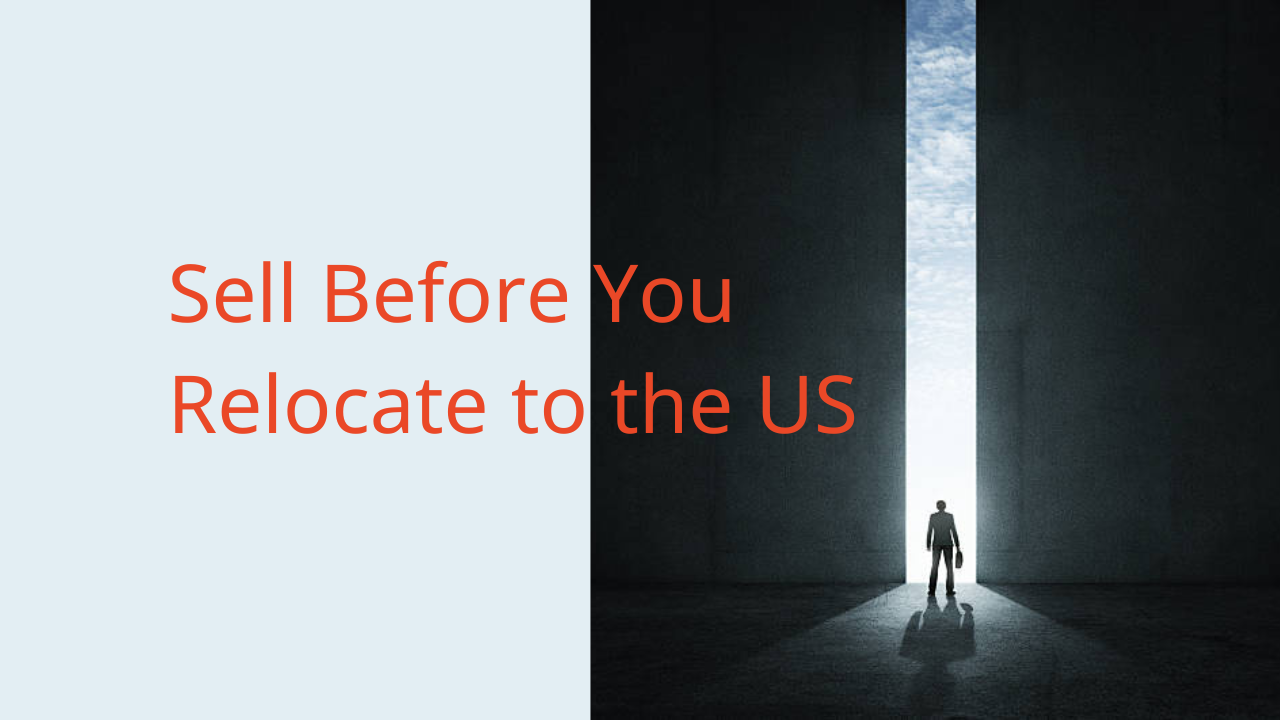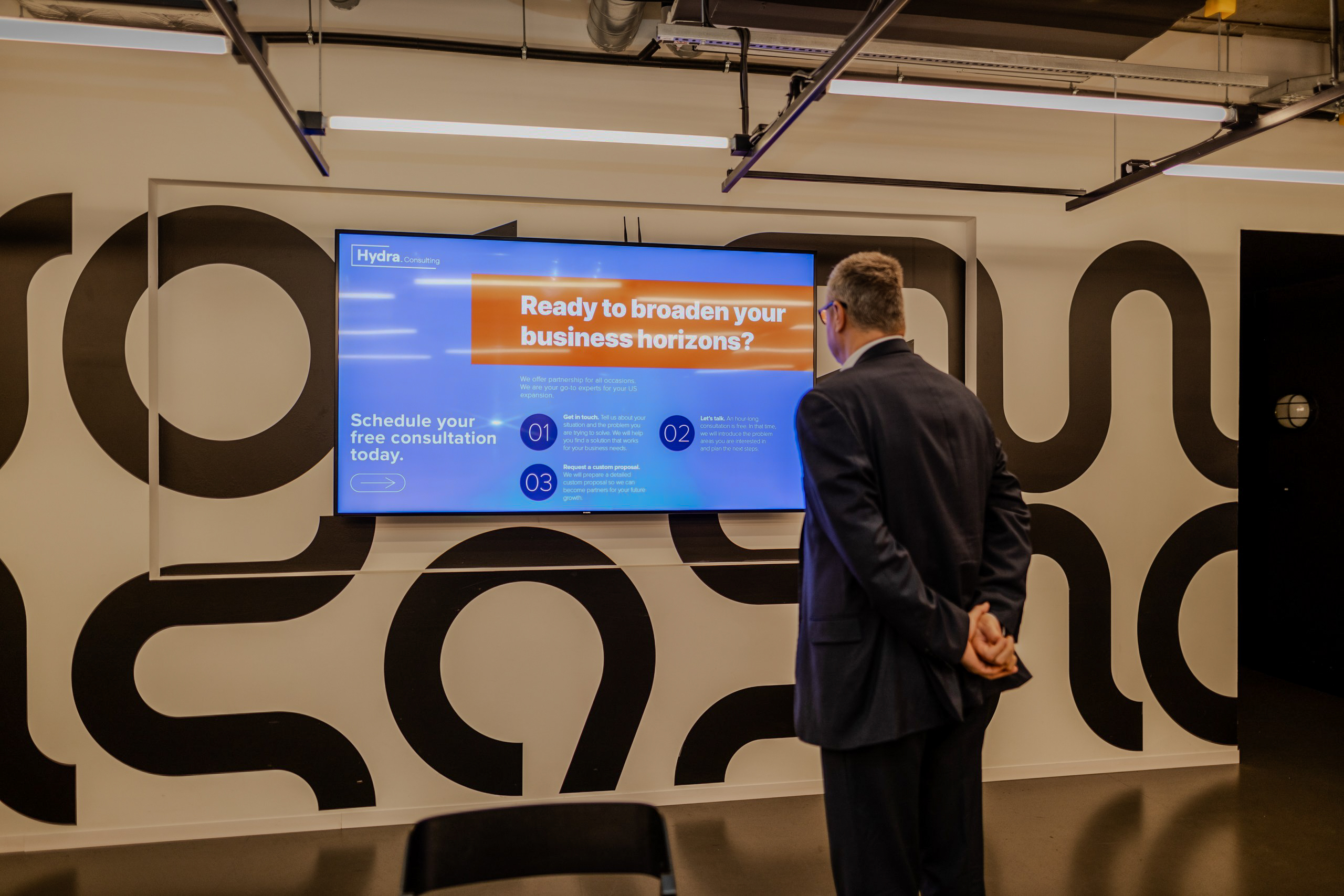Meet Simon Dery and Outsource Your Sales
“We’re seeing a historic shift. Trillions of dollars in business investment are moving into the U.S. European companies that act quickly can ride that wave. There’s never been a better time to expand operations, build sales channels, and raise capital in the U.S.”

How can companies start selling their products in the US without a local sales team?
Building a U.S. sales team requires a local office, strong leadership, and significant overhead. Something many companies aren’t ready to take on. We eliminate that barrier by letting clients leverage our U.S. offices, seasoned leadership, and full operational support.
We’ve built a powerful network across the Fortune 5,000 and virtually every major U.S. industry. To drive conversions, we assign dedicated appointment setters who work 10 hours a day generating warm leads so sales reps can focus on closing deals, not chasing prospects.
We also localize messaging, train reps, and manage certifications to ensure smooth market entry. Importantly, we follow a “pilot first, scale fast” model – testing demand in targeted U.S. regions or industries before scaling up, minimizing risk and maximizing ROI.
“We follow a “pilot first, scale fast” model—testing demand in targeted U.S. regions or industries before scaling up, minimizing risk and maximizing ROI.”
Which types of companies do you help the most often? How well do you need to get to know them and their products?
We primarily help international B2B companies typically in manufacturing, industrial equipment, SaaS, AI, and specialty consumer products that have strong traction in their home markets and are ready to expand into the U.S.
To do this effectively, we need to know them inside and out. We invest time to fully understand their products, positioning, and competitive advantages. This isn’t surface-level, we immerse ourselves in their business so we can represent them with authority and clarity.
We operate as their U.S. presence. When we partner with a company, we act as their new American location, complete with leadership, infrastructure, and boots on the ground. That’s what makes our model so effective.
How important is it to adjust marketing materials and product information for the US market?
It’s absolutely critical. Studies have shown that 84% of brands report revenue growth after localizing their content, underscoring the direct impact of effective localization on sales.
Moreover, research indicates that 86% of marketing efforts adapted to local languages and cultural nuances achieve better engagement and action rates compared to English-only counterparts.
Localization isn’t just about translation; it’s about aligning your messaging, tone, visuals, and even product specifications with American expectations and buying behaviors. Without this alignment, even superior products can be overlooked.
Therefore, adjusting marketing materials and product information isn’t just important, it’s essential for success in the U.S. market.
“Research indicates that 86% of marketing efforts adapted to local languages and cultural nuances achieve better engagement and action rates compared to English-only counterparts.”
In what ways do you think Trump’s new tariffs will affect European companies trying to expand into the U.S. market?
While tariffs may create short-term challenges for exporters, the bigger picture is that the U.S. as the largest economy and consumer market in the world is becoming even more attractive for foreign companies.
Trump’s broader agenda is clear: he wants to bring production, innovation, and investment into the United States. His administration is likely to offer incentives and create favorable conditions for companies that establish a local presence. That opens up massive opportunity.
Right now, we’re seeing a historic shift. Trillions of dollars in business investment are moving into the U.S. European companies that act quickly can ride that wave. There’s never been a better time to expand operations, build sales channels, and raise capital in the U.S.
There’s also no shortage of capital. U.S. investors are eager to fund companies that are based here, even if their roots are European. We’re here to help companies navigate this moment to localize, scale, and capitalize on the momentum that’s already underway.

What brought you to sales, and what motivates you to help others accelerate theirs?
I’ve always been drawn to solving problems and creating opportunities and sales is where those two come together. Early in my career, I realized that great products or services often fail, not because they lack value, but because they never reach the right people with the right message. That challenge hooked me.
What motivates me now is helping others avoid that fate. I’ve seen too many brilliant companies struggle in new markets simply because they didn’t have the right sales strategy, network, or execution. Helping them break through – build traction, close deals, and scale – is what drives me.
When you help a business survive and thrive, you create a ripple effect; jobs are created, families are supported, and hundreds, thousands, sometimes millions benefit from that success for years to come. I’ve been very fortunate and successful in my own journey, and this is my way of paying it forward.
I don’t see sales as a numbers game. I am creating a real value and turning potential into actual impact.
“I expect that companies will continue to eye the US market for growth. They might rethink their production and import processes, but the attraction to the US remains strong.”
What kind of investment should a company expect when launching sales in the U.S., isn’t it extremely expensive?
That’s a common concern, and it’s exactly what we help companies avoid. Launching sales in the U.S. doesn’t have to cost hundreds of thousands or millions in overhead like it often does. When you work with us, the investment is streamlined and focused.
In most cases, your only core expense is the cost of one experienced U.S.-based sales professional—typically around $95,000 per year. That’s it. No need to open an office, hire a full team, or build infrastructure from scratch.
And often, that salesperson starts generating sales within the first year, sometimes enough to offset a significant portion, if not all of the cost. The real breakthrough usually comes in year two or three, when the groundwork we’ve laid starts to compound into steady revenue and market presence.
It’s a smart, low-risk way to enter the U.S. market with real traction, without the traditional burn.
Simon Dery is our Sales and Client Growth Director in the U.S. If you need to outsource your sales in the U.S. market, don’t hesitate to contact us.
More from Hydra Consulting
Hydra Consulting offers a full-service representation to European businesses coming to America. We handle company setup, taxes, visas and business development.








